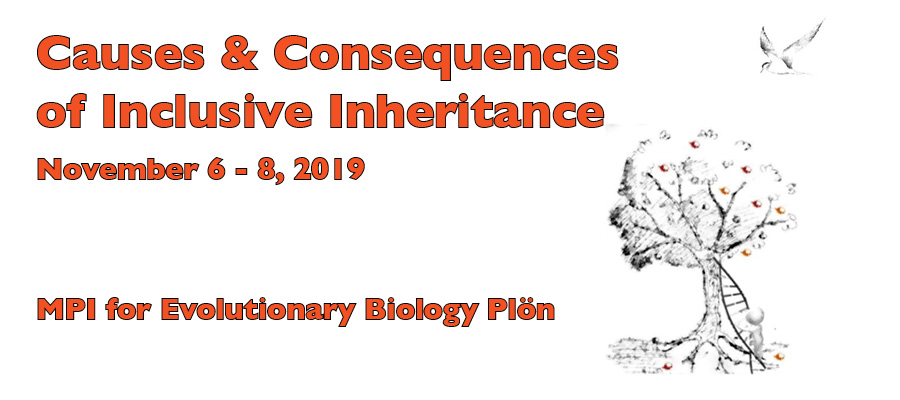Speaker
Description
Our climate is changing rapidly and organisms must either move, adapt or acclimate in order to persist. Epigenetic modifications such as DNA methylation may be an important mechanism underlying fast, adaptive responses, as they can contribute to heritable changes within populations and drive rapid evolution. Crucial during gametogenesis and development (embryogenesis), epigenetic modifications can be inherited both mitotically within a generation, and/or meiotically across generations (transgenerational epigenetic inheritance). However, heritable epigenetic modifications must overcome two reprogramming phases, once in the germline and once in the early embryo. Despite being well documented in plant and mammalian systems, epigenetic reprogramming studies during fish gametogenesis and embryogenesis have focused only on a few model species. Here, we investigated DNA methylation patterns, together with the molecular characterization and mRNA expression profiles of DNA-methyltransferase enzymes (DNMT) during gametogenesis and embryogenesis of marine threespine stickleback. Additionally, the impact of multiple simulated ocean warming scenarios (ambient °C, +1.5°C and +4°C) was evaluated at the epigenetic and phenotypic level to establish a link between environment, epigenetic reprogramming and transgenerational plasticity. So far, we found that DNA methylation seems to be stable during gametogenesis, with male gonads being hypermethylated compared to female gonads. Nevertheless, environmental temperature significantly influenced mature male gonad DNA methylation, whereas for females, only egg size/number was affected, in line with previous work showing that cytoplasmic factors (e.g. mitochondria) are likely involved in transgenerational inheritance down the maternal line. Overall, our preliminary results suggest that gametogenesis in stickleback is differentially regulated compared to mammals and is sensitive to environmental perturbations, with possible implications for adaptive windows under climate change.

